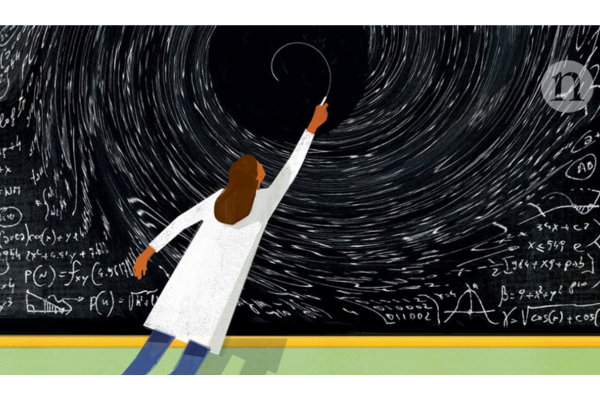
Schedule
Chair: Colin Smith (Ohio State)
12-12:40. Fully Instrumental Metaphysics. Sam Baron (Melbourne)
12:45-1:25. SuperEpicureanism. Jeremy Skrzypek (Ohio Dominican)
1:25-1:40. Break.
1:40-2:20. Saving Metaphysics. Robert Kraut (Ohio State)
2:25-2:55. General discussion.
Abstracts
Fully Instrumental Metaphysics
Sam Baron
Abstract: Non-naturalistic metaphysics is, roughly, metaphysics detached from science. Metaphysics of this type faces a challenge. Simply put, the methods by which non-naturalistic metaphysics proceeds are considered to be unfit for the achievement of its aims. This has led some to be instrumentalists about metaphysics of this type: the value of non-naturalistic metaphysics lies not in its capacity to yield fundamental truths about reality, but in its utility for other ends. However, even the staunchest critic of non-naturalistic metaphysics will seek to avoid instrumentalism about naturalistic metaphysics. I argue, on the contrary, that if one is an instrumentalist about non-naturalistic metaphysics, then one ought to be an instrumentalist about naturalistic metaphysics as well, and thus about metaphysics in general.
SuperEpicureanism
Jeremy Skrzypek
Abstract: Epicureans argue that death cannot be a harm to the person who dies, due to the fact that, by the time death arrives, the person no longer exists to be harmed by it. Deprivationists argue, on the contrary, that death can be a harm to the person who dies because it deprives her of the valuable goods or opportunities that she would have enjoyed if not for her early death. In this paper, I argue that Epicureans can block deprivationist solutions to Epicurean arguments for the harmlessness of death by adopting a view called superessentialism, according to which every event that occurs in the life of a person is essential to that person. For, if the timing and circumstances of a person’s death are essential to her, then it is metaphysically impossible for her to have lived longer and enjoyed various goods and opportunities that she otherwise missed out on. As a result, Epicureans have a surprising reason to also be superessentialists, that is to say, superepicureans.
Saving Metaphysics
Robert Kraut
Abstract: Metaphysics is a frequent target of skepticism and suspicion. Humean condemnations of metaphysics as “sophistry and illusion,” positivist rejections as “literal nonsense,” pragmatist dismissals of “transcendent” philosophy, and postmodern rhetoric about contingency and social construction, all conspire to suggest that the practice of metaphysics is somehow flawed.
Despite such critical opposition, metaphysics flourishes: there remains deep conviction that such theorizing has legitimate place in our inquiries.
Proper assessment of such concerns requires attention to a large portion of the philosophical map: the foundations of knowledge, meaning, normativity, and social practice are at issue. The situation is complicated by the Quinean conviction that the methods and posits of metaphysics are continuous with those of empirical scientific inquiry; thus construed, it is difficult to provide any satisfactory general characterization of metaphysics, and thus any clear statement of what, precisely, hangs in the balance.
One strain of ongoing skepticism emanates from the pragmatist camp: a skepticism grounded in views about the primacy of practice and the nature of normativity. One response—implemented in Wilfrid Sellars’ metaphysics of abstract entities— portrays universals, propositions, and other “metaphysical” constructions as reifications of conceptual norms, and thus as representations of the very forces—i.e., institutionally upheld canons of correctness—to which the pragmatist grants primacy. On this view, abstract entities and relations among them provide no grounds for normativity; such entities are, rather, shadows cast by the norms themselves. Yet another response is Carnap’s gallant effort to portray ontological discourse as an expressive device which serves to manifest commitments to adopting one or another linguistic framework.
In this talk I focus less upon Sellars’ and Carnap’s approaches and more upon the costs and benefits of various strategies that purport to legitimize metaphysical theorizing.
Contact for questions: Chris Pincock (pincock.1@osu.edu)
This workshop is sponsored by the Society for the Philosophy of Science.
